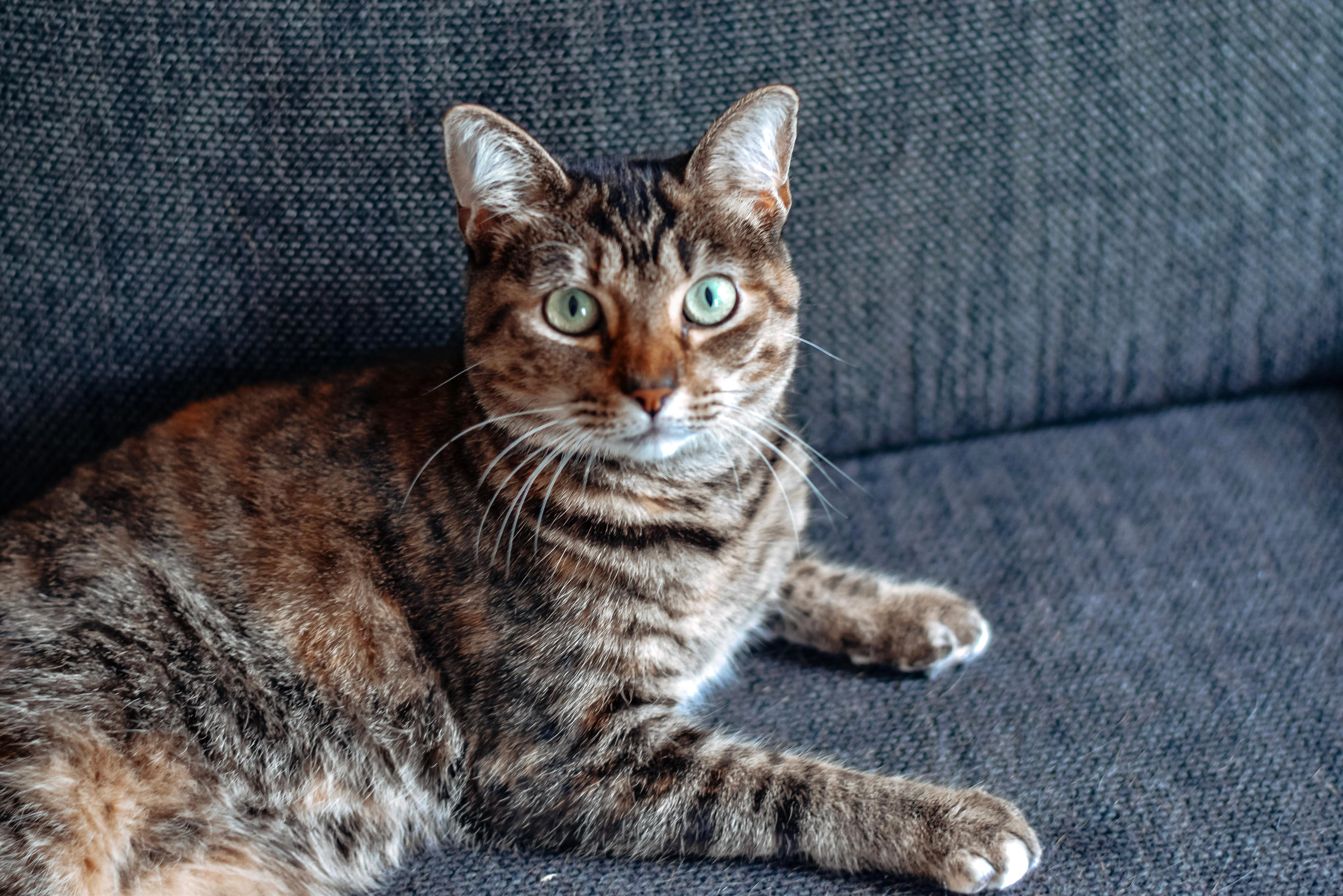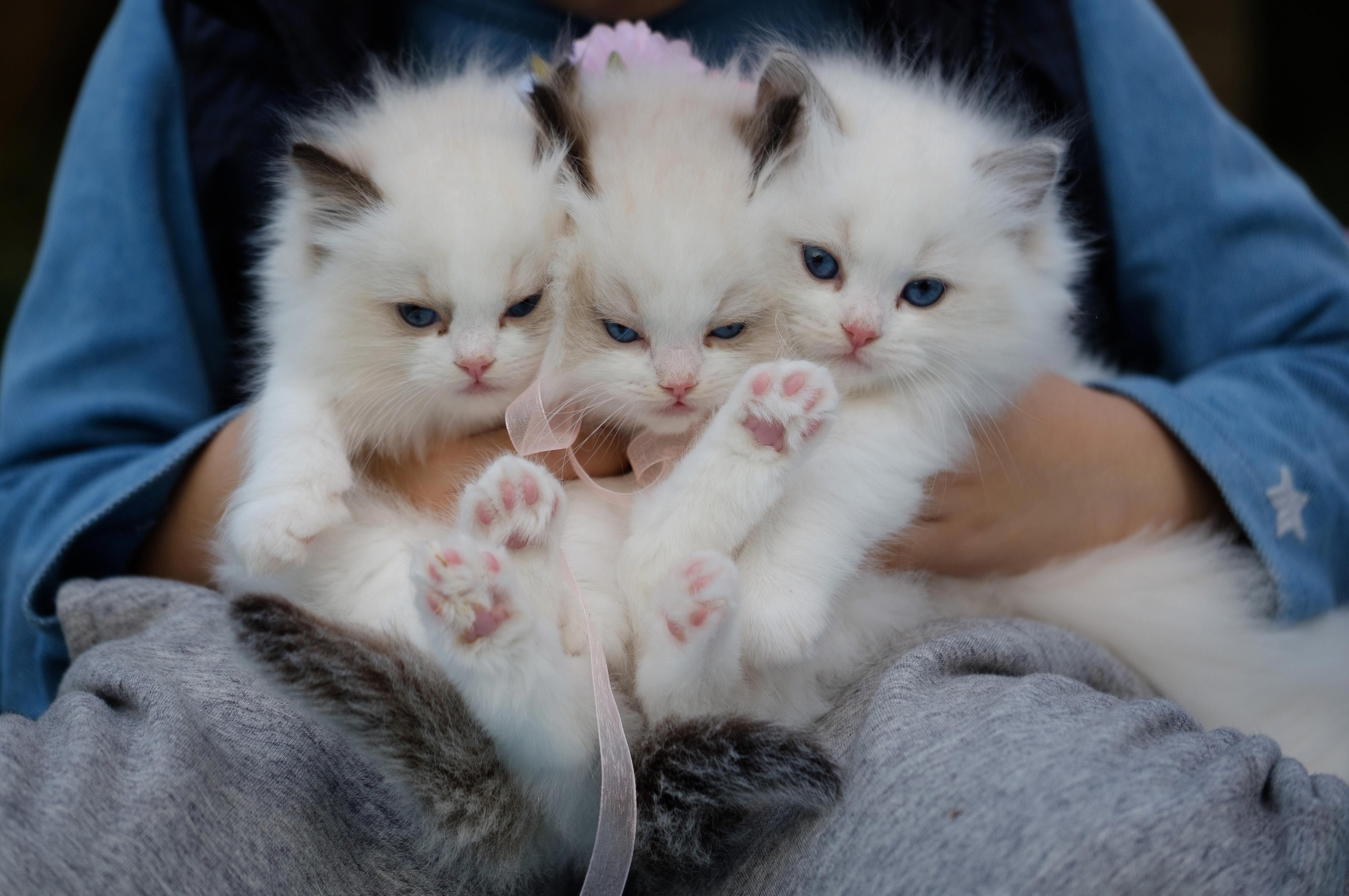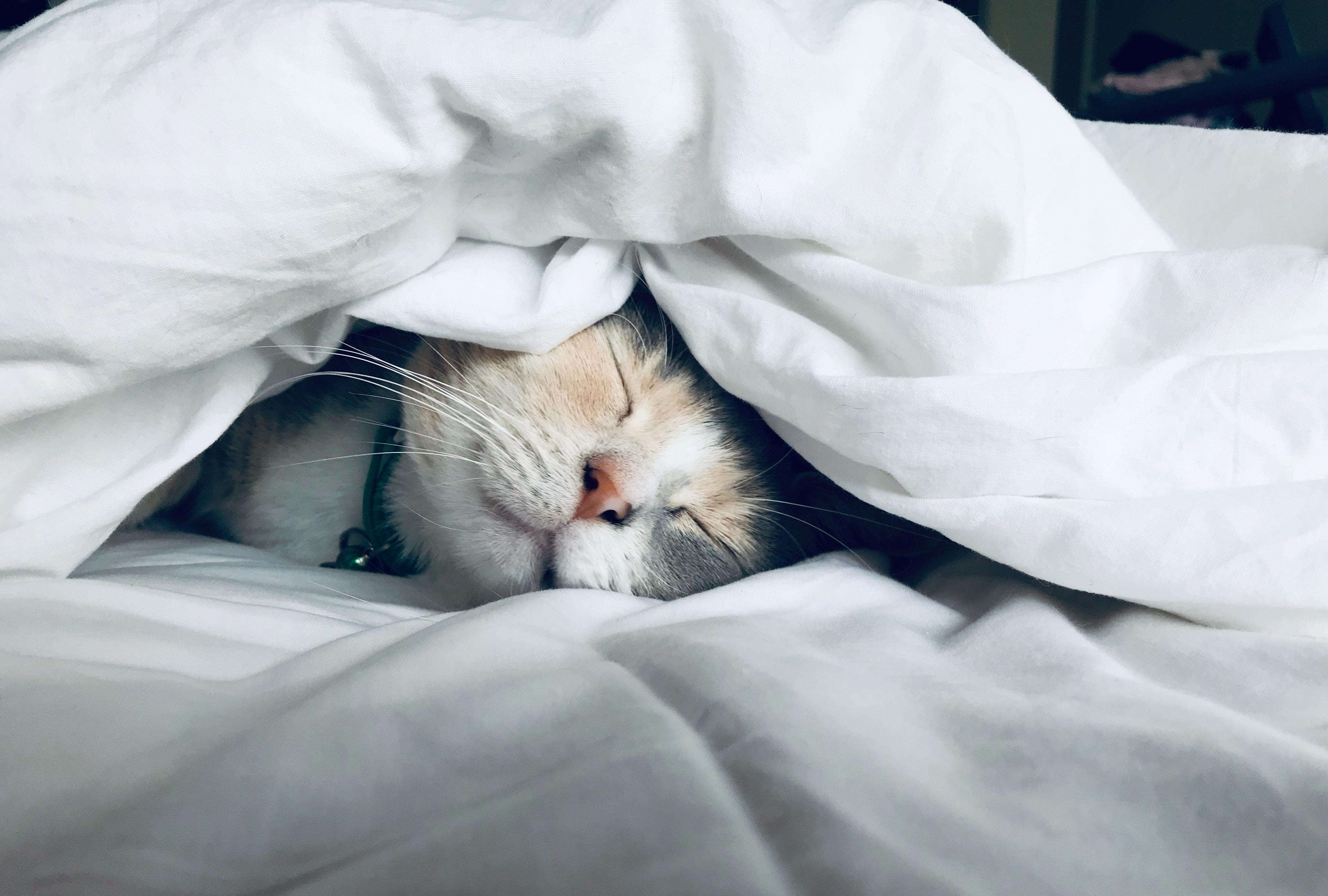How long do cats live? This is a question that has puzzled cat owners for years. The answer, of course, depends on a variety of factors, but we’ll try to provide an overview of the average feline lifespan in this blog post. Cats are amazing animals and can live anywhere from one to twenty years, depending on their environment and care. In this article, we will discuss the six key life stages of cats and what pet owners can expect during each stage.
What is the average lifespan of Cats?

Cats have a reputation for having nine lives, but how long do cats really live? The answer to this question is dependent on many factors, including diet, healthcare, and the environment. However, with good care, some domestic cats can live up to 20 years old.
Cats go through six key life stages: kittenhood, adolescence, adulthood, middle age, senior years, and geriatric stage. Each stage comes with its own set of health and behavior problems that owners should be aware of. For example, during the kittenhood stage (0-12 months old), kittens are susceptible to diseases such as feline leukemia virus (FeLV) and feline immunodeficiency virus (FIV). Adolescence (12-36 months old) is when cats reach sexual maturity and may start to roam if they are not spayed or neutered.
The lifespan of a cat is largely dependent on its environment and lifestyle. The average lifespan of an indoor cat is between 12-18 years, while the average lifespan for an outdoor cat is only about half that.
What is the oldest Cat in the world?
The oldest cat ever recorded was Creme Puff, who lived from 1967 to 2005– an impressive 38 years! The second oldest cat was Poppy, who lived for 34 years. While these two cats are outliers and their lifespans are not representative of the general feline population, it does show that cats can have long lifespans.
What is the average life expectancy of an indoor cat?
The average lifespan of an indoor cat is around 12 to 18 years. However, cats can live much longer if they are well cared for and have no underlying health conditions.
There are a number of factors that can impact a cat’s lifespan, including diet, healthcare, and environment. For example, neutered cats tend to live longer because neutering prevents reproductive diseases and neutered cats are less likely to roam.
While the average life expectancy of an indoor cat is 12 to 18 years, some domestic cats can live up to 20 years old. During their life, they will go through six key life stages which may help owners understand certain health/behavioral problems that could arise and things to keep an eye on.
Cat Life stages

A cat’s life can be divided into six stages: kitten, junior, prime, mature senior, and geriatric. Each stage has different age ranges and common health/behavioral problems that may occur.
Kitten: Birth to around six months old
At this stage, kittens are growing rapidly and need lots of food and sleep. Common health problems include viral respiratory infections, flea infestations, and worms.
Junior: Six months to around two years old
Juniors are still growing, but at a slower rate than kittens. They also start to become sexually mature during this stage. Common health problems include feline immunodeficiency virus (FIV), feline leukemia virus (FeLV), and upper respiratory infections.
Prime: Three to six years old
Cats in their prime are generally healthy and active. However, they may start to develop some age-related health problems during this stage, such as arthritis or kidney disease.
Maturity: Seven to ten years old
During this stage, cats may need more sleep and have a reduced appetite. They may also start to experience age-related health problems like dementia or heart disease.
Senior: Eleven to fourteen years old
Seniors are more prone to health problems than younger cats and may need more frequent vet check-ups. Common health problems at this stage include cancer, diabetes, and kidney disease.
Geriatric: Fifteen years or older
Geriatric cats are more likely to have chronic health problems and may need special care from their owners. Common health problems include arthritis, cancer, diabetes, and kidney disease.
While there is no definite answer to how long cats live, understanding the different stages of a cat’s life can help owners provide the best possible care for their feline friend. Regular vet check-ups, a healthy diet, and plenty of exercises can help extend a cat’s life and keep them happy and healthy into their golden years.
Do cats live up to 20 years?
While there is no one answer to how long cats live, on average, they tend to have a lifespan of 12-18 years. However, some domestic cats have been known to live up to 20 years old. The secret to a cat’s longevity lies in several factors, such as diet, healthcare, and environment.
Neutered cats often live longer than unneutered cats for several reasons. Neutering prevents reproductive diseases and also makes neutered cats less likely to roam. As a result, neutered cats are less likely to be involved in fights or accidents.
Diet is another important factor in determining how long a cat will live. A healthy diet rich in nutrients and antioxidants can help keep your cat’s immune system strong and help prevent certain diseases.
Of course, luck also plays a role in a cat’s lifespan. Some cats are simply born with good genes that help them live longer lives.
No matter how long your cat lives, they will go through six key life stages during their lifetime. Understanding these life stages can help you be prepared for certain health or behavioral problems that may arise. It can also help you provide the best possible care for your feline friend throughout their life.
The six key life stages of cats are as follows:
- Kittenhood (0-12 weeks)
- Juvenile (12 weeks to 12 months)
- Adolescence (12-36 months)
- Early adulthood (36 months to around age five)
- Middle age (five to around age ten)
- Seniority (ten years and up)
By understanding these life stages, you can be prepared for the challenges that may arise during each stage. For example, during kittenhood, you’ll need to provide your kitten with proper nutrition and socialization. During adolescence, your cat may become more independent and start exploring its surroundings more. As your cat enters middle age, it may begin to slow down and require more rest. And in their senior years, your cat may develop certain health problems that will require special care.
No matter what stage of life your cat is in, they deserve the best possible care. By providing them with a healthy diet, plenty of exercise, and regular veterinary check-ups, you can help them live a long and happy life.
Do Indoor cats have a longer lifespan?

It’s often thought that because indoor cats are protected from the dangers of the outdoors, they must have a longer lifespan than their outdoor counterparts. However, a study conducted by the University of Georgia found that there was no significant difference in lifespan between indoor and outdoor cats. The median age for both groups of cats was 11 years old.
The study did find that certain risk factors were more common in outdoor cats, such as being hit by a car, getting into fights, and contracting parasites. However, these risks can be mitigated by taking precautions such as keeping your cat up-to-date on vaccinations and parasite prevention and making sure they’re microchipped in case they do get lost.
In the end, it’s really up to the individual cat and its owner to decide whether they want to live indoors or outdoors. Some cats may do better with one lifestyle or the other, so it’s important to consider what’s best for your own pet.








